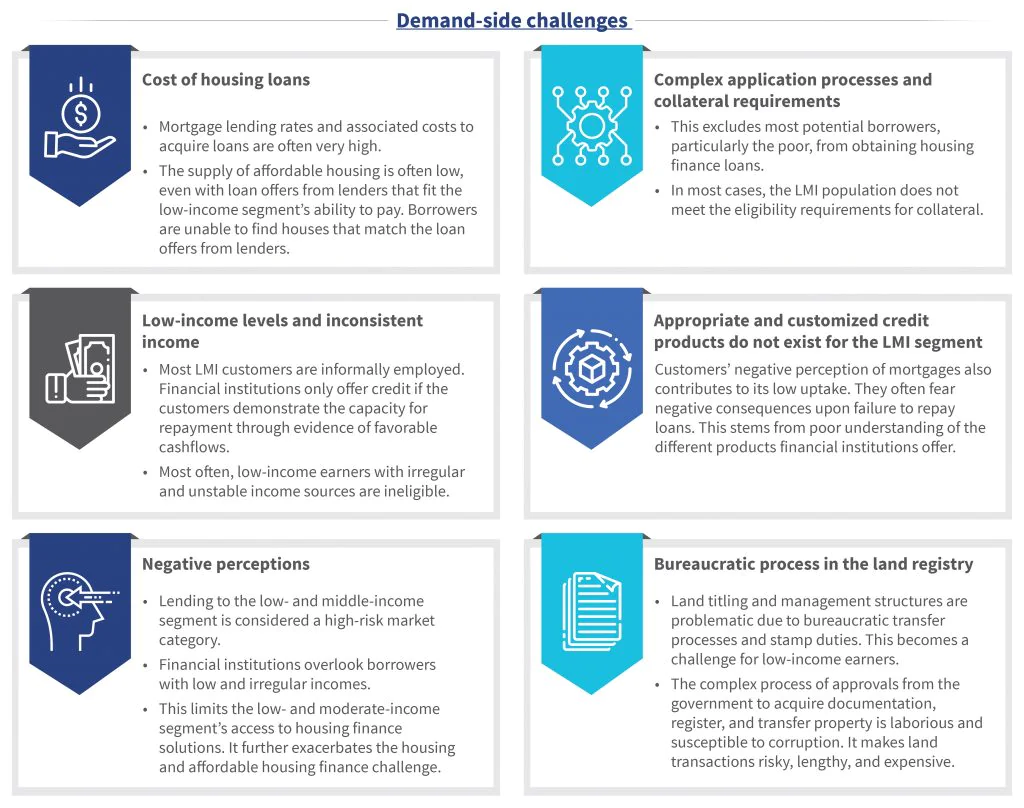If you’ve ever wondered why houses have mortgages , you’re not alone. For most people, buying a home isn’t something you can do with cash alone — and that’s where mortgages come in.
In this post, we’ll explain why mortgages exist , how they help homeowners buy property, and what makes them such a vital part of the housing market.
Why Do Houses Have Mortgages?
✅ Short Answer:
Houses have mortgages because most people can’t afford to pay the full price of a home upfront.
A mortgage allows buyers to finance the purchase over time — usually 15 to 30 years — making homeownership accessible to millions of people who otherwise couldn’t afford it.
Think of a mortgage like this:
💡 You get to live in your dream home now — and pay for it gradually, rather than saving up hundreds of thousands of dollars first.
How Mortgages Make Homeownership Possible
Here’s why mortgages are so important when buying a house:
| High Cost of Homes | The average U.S. home price is well over $350,000 — too expensive for most to pay in full. |
| Access to Credit | Mortgages allow people to borrow money responsibly and build equity over time. |
| Long-Term Affordability | Monthly payments spread the cost of the home across decades, making it manageable. |
| Wealth Building | As you pay down the mortgage, you build equity — which becomes an asset you can use later. |

The Role of Lenders and Banks
Mortgage lenders — including banks, credit unions, and specialized mortgage companies — play a key role:
- They provide the funds needed to purchase a home.
- They set the interest rate based on risk, credit score, and market conditions.
- They secure the loan by placing a lien on the property until it’s paid off.
This system benefits both buyer and lender:
- Buyers get a place to live and build equity.
- Lenders earn interest income over time.
Benefits of Having a Mortgage
Even though a mortgage is a long-term debt, it comes with many financial advantages:
| Tax Deductions | You may be able to deduct mortgage interest from your taxes. |
| Stable Housing Costs | With a fixed-rate mortgage, your payment stays the same for decades. |
| Appreciation Potential | Your home may increase in value over time, increasing your net worth. |
| Forced Savings | Each mortgage payment builds equity — essentially helping you save automatically. |
Final Thoughts
So, why do houses have mortgages? Because they make homeownership possible for the majority of people. Mortgages bridge the gap between the high cost of real estate and the average person’s ability to pay — allowing families to build homes, communities, and wealth over time.
Whether you’re a first-time buyer or looking to upgrade, understanding how mortgages work is the first step toward smart homeownership.
Frequently Asked Questions (FAQs)
Q1: Can I buy a house without a mortgage?
Yes, if you have enough cash to pay the full price — but most buyers use a mortgage due to the high cost of homes.
Q2: What happens if I stop paying my mortgage?
The lender can begin foreclosure proceedings and eventually take possession of the home.
Q3: Is a mortgage good or bad debt?
Mortgages are considered “good debt” because they help build equity and often offer tax benefits.
Join The Discussion